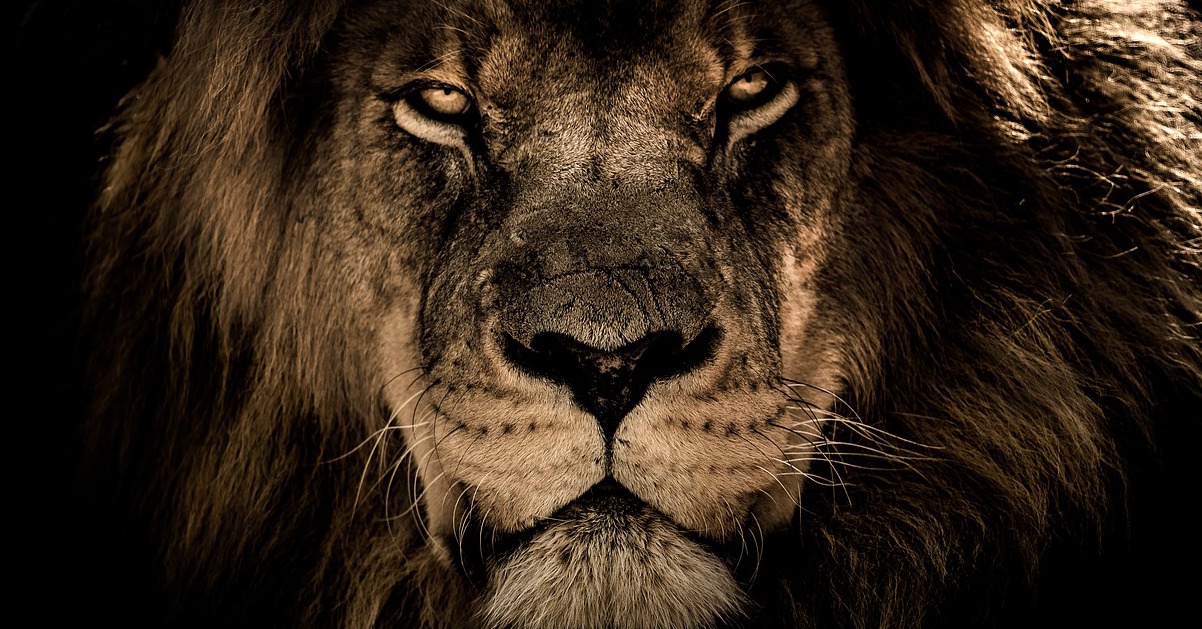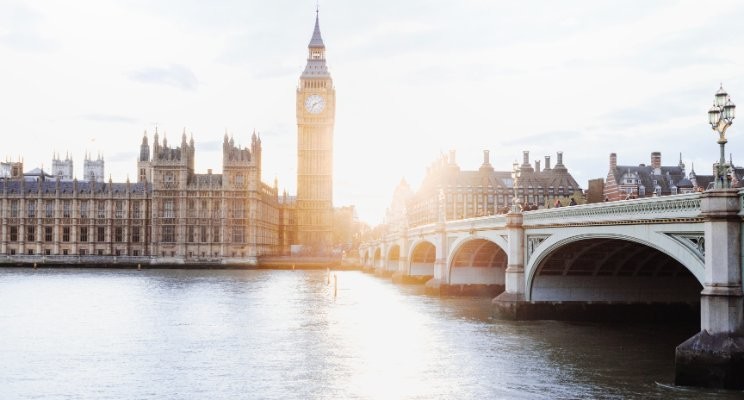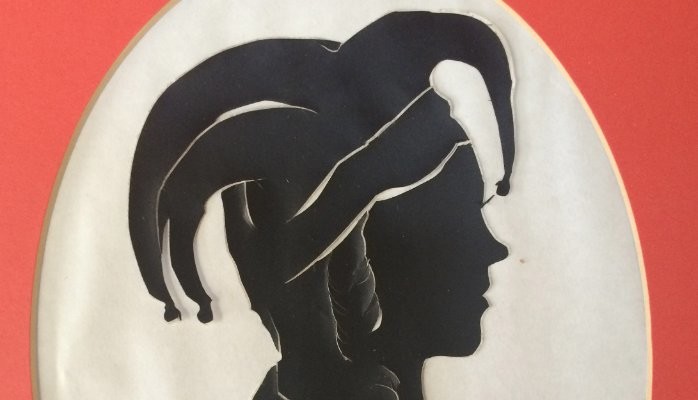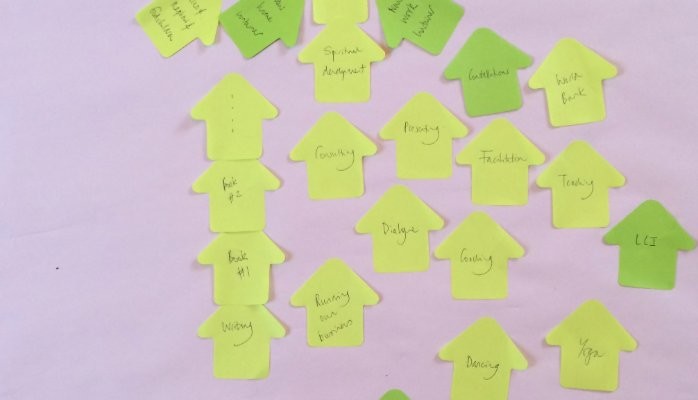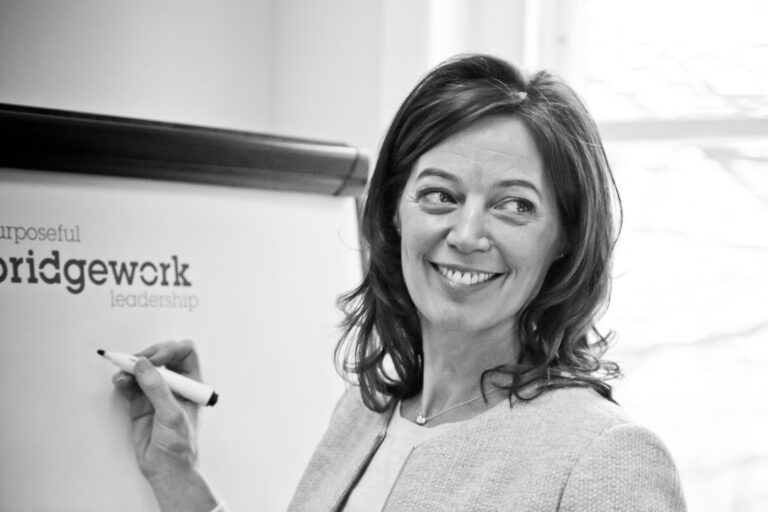
A few weeks ago I attended a packed out event in London called, “From the Roman Empire to Twitter: Why are we so afraid of outspoken women?” hosted by the New Statesman.
The dialogue between Mary Beard (an acclaimed classicist), Laurie Penny and Helen Lewis (both from the New Statesman), was lively. The topic was hot. The atmosphere in the Conway Hall was electric.
Laurie Penny, a 27 year old author and journalist, shared that in her conversations with young women, they asked her about one thing in particular. Courage. How do I deal with the backlash of speaking out? they wanted to know. This made me reflect on my own work about helping people to have what I call a “Big Conversation”. Talking with someone about something that matters can be a challenging threshold to cross.
Courage has been called the greatest of all the virtues.
As Samuel Johnson pointed out, without courage, other virtues – modesty, prudence, justice – are useless. Absent courage, we risk getting paralysed and not making any move at all.
It may be tempting to think of courage in terms of heroic acts. If, however, I reflect on the times when I’ve seen others do courageous things, or even myself, it’s often been everyday acts of bravery that have been the most striking. Little things that have been carried out in the face of fear are courageous. It might be giving someone some challenging feedback, asking for a pay rise or speaking to a family member when you’re aware things have gone awry.
Many of us find talking about what matters deeply to us very daunting.
A Big Conversation often calls for a great deal of courage. Whether we need to speak our truth, express how we are really feeling or stand up for ourselves, courage is what enables us to “stay in the room” and talk.
We all have courage. Rather than acquiring it, we need to cultivate it. Just as an athlete strengthens his or her muscles ready to run a marathon, the more we practise being courageous, the easier it becomes.
It helps to weigh up the risks and benefits of having a Big Conversation compared with not speaking out. When I ask people to do this at workshops I’ve been struck time and time again at how the risks of staying silent are often greater than the risks of speaking out. We often overlook this.
Courage is not bravado or recklessness.
A courageous conversation means speaking from the heart. It is about being sensitive to the other person and being willing to listen. All of this takes guts. When someone says something we don’t like or don’t want to hear, we may have to hold our nerve rather than turn away.
Being courageous in conversation also involves listening to ourselves. We can all find it challenging to reflect on our lives. We keep ourselves busy to avoid the silence in which our anxieties may overwhelm us. Finding the courage to talk is, however, what can take us across the threshold into our next life chapter.
